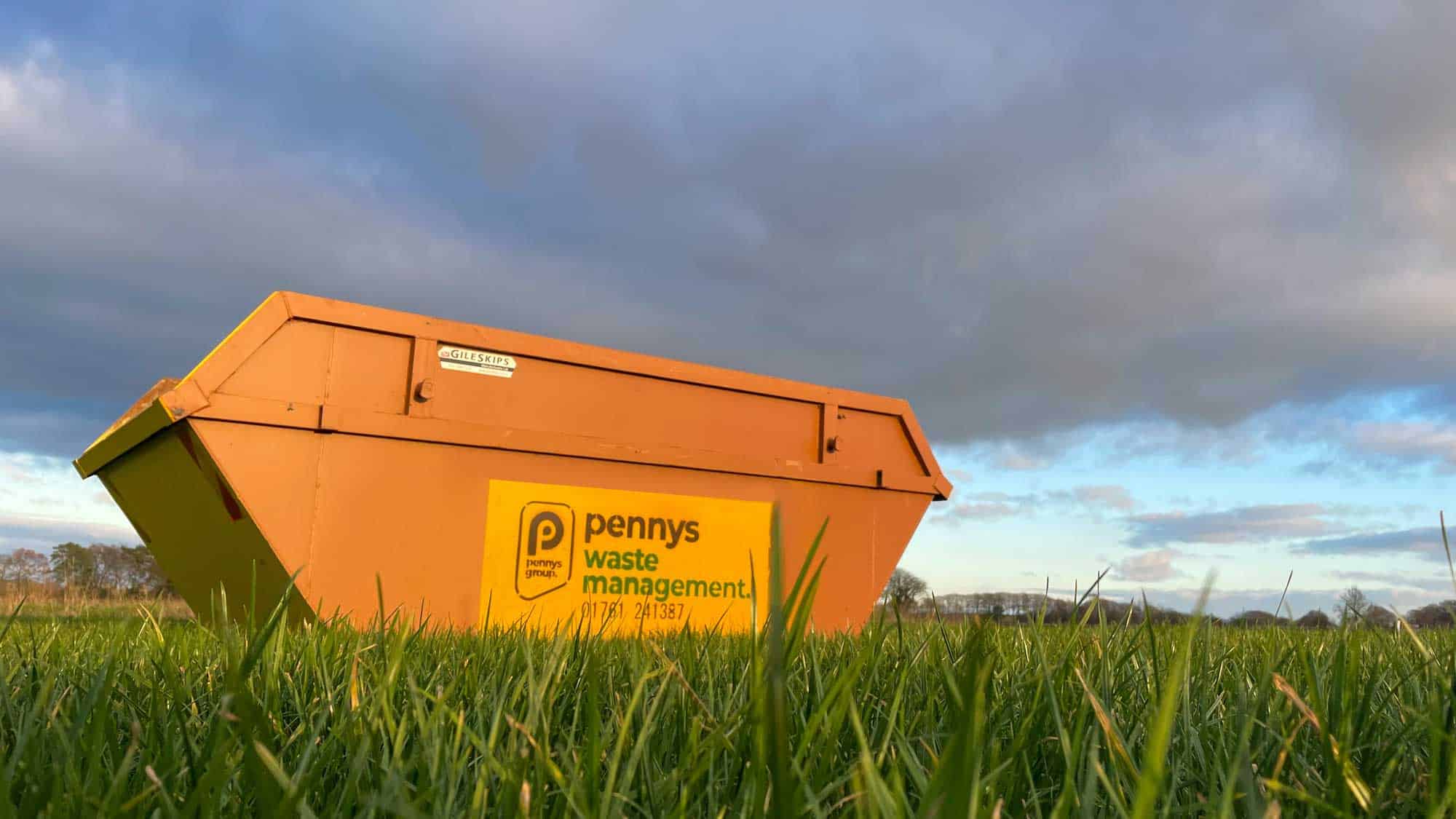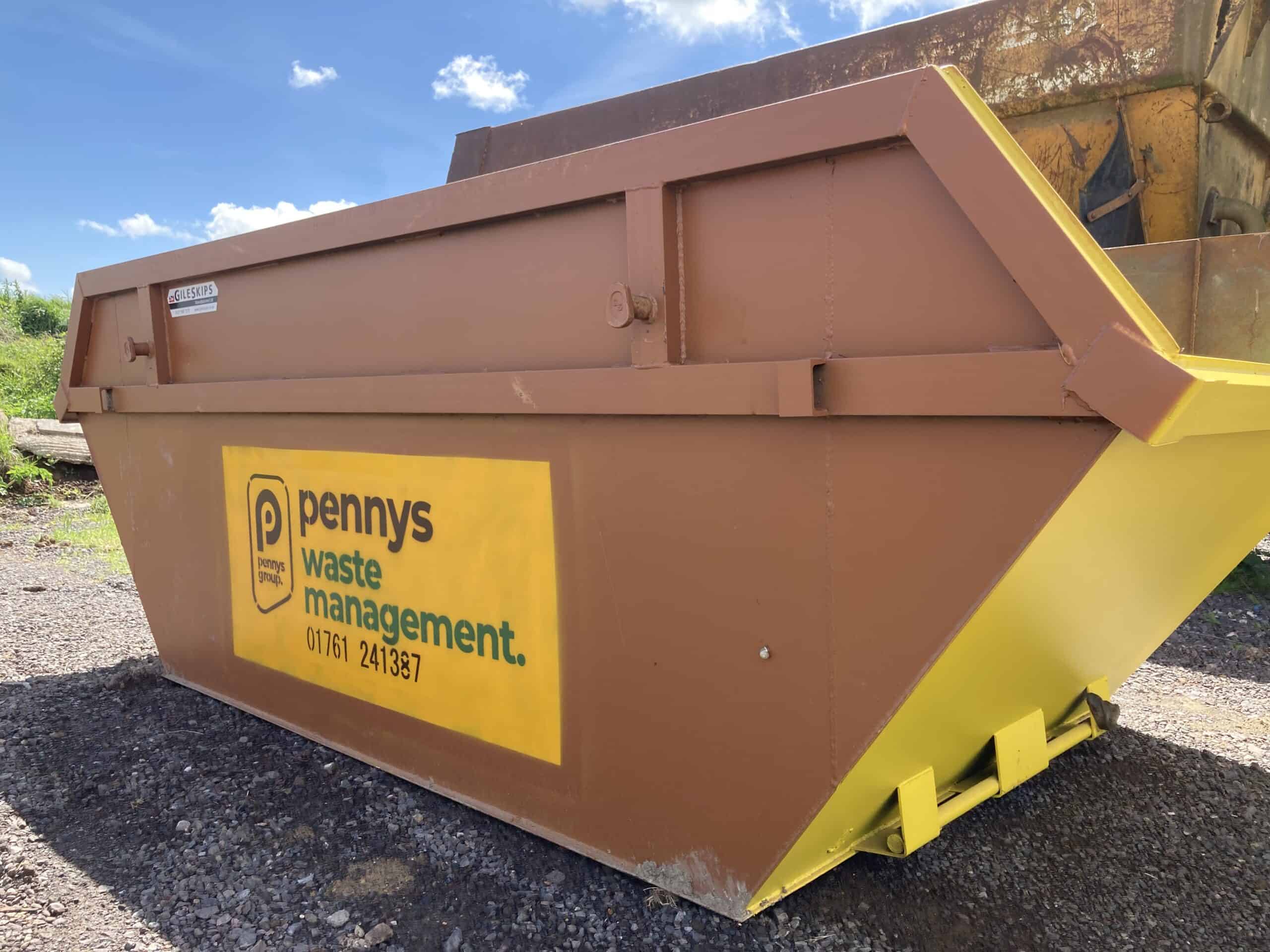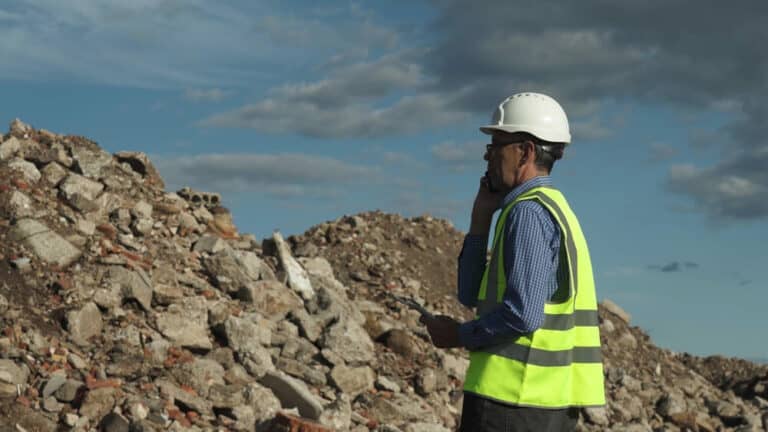Are you planning a home renovation, garden cleanup, or construction project in Glastonbury? If so, one essential aspect you shouldn’t overlook is skip-hire. Hiring a skip is a convenient way to manage waste and keep your project site clean and organised. However, before you book a skip, there are several important factors to consider to ensure a hassle-free experience. In this blog post, we’ll guide you through the key considerations when hiring a skip in Glastonbury.
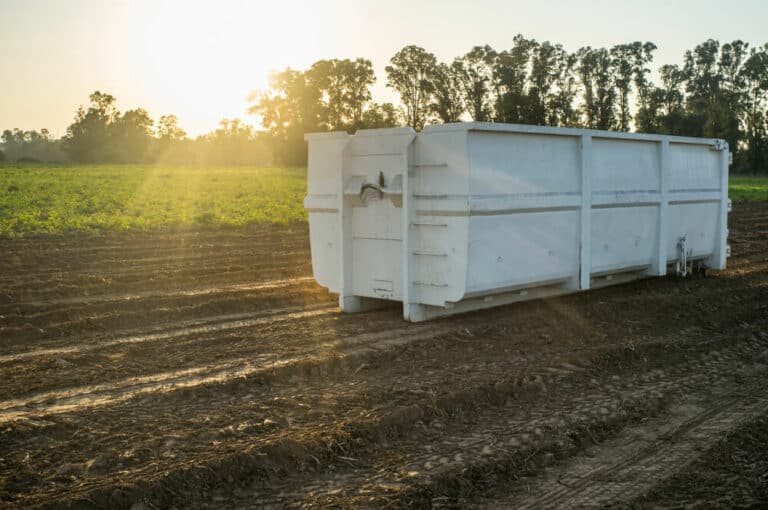
Deciding What Size Skip to Hire
The first and most crucial decision you’ll need to make is the size of the skip you require. The skip you can fit on your road, drive or work area can differ, therefore you’ll need to consider the size of the skip you can have. The most common skips in the Glastonbury area for domestic projects are the builder’s skips, which can be placed relatively easily for domestic use. Choosing the right size ensures you don’t overpay for unused space or find yourself needing extra trips for overflowing waste.
What Type Of Waste Do you Need a Skip For?
Different types of waste could require specific skip types or disposal methods. For example, hazardous materials, such as asbestos or chemicals, cannot be disposed of in regular skips. Be clear about the types of waste your project will generate, and inform Penny’s Group in advance so we can provide the appropriate skip and advise you on any necessary permits, especially around the Glastonbury area. Similarly, if you need help in deciding whether a skip permit is necessary or not for your project, simply get in touch and our expert team will be able to advise.
Where Will You Place The Skip?
Consider where you plan to place the skip on your property or on the road. If you’re placing it on a public road in Glastonbury, you’ll need to obtain a skip permit from the local council. We will be able to assist with permit applications, but it’s essential to plan this in advance to avoid delays.
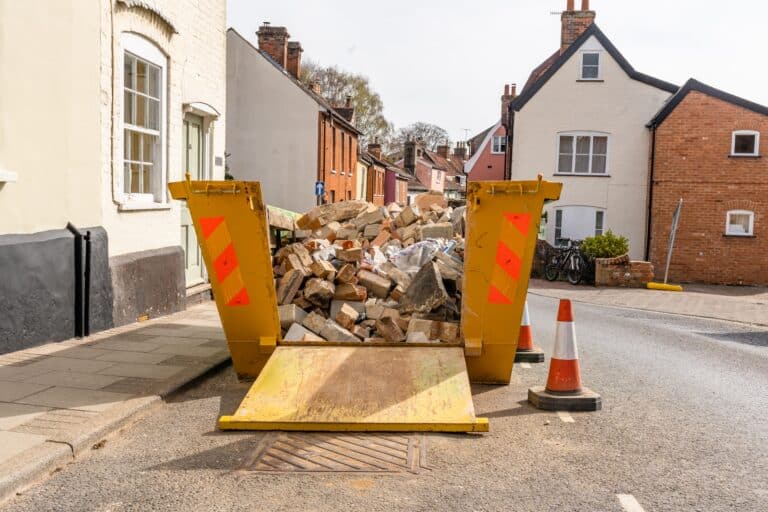
What Level of Access and Space is Available?
Ensure that there is adequate space for our skip delivery vehicle to access your location and manoeuvre safely. Also, think about any obstacles like overhead wires, trees, or narrow passages that might hinder access. Clearing the area in advance will help the skip delivery and collection process run smoothly, and this is also something we can assess for you.
How Long Do You Need The Skip For?
This is something you’ll find as a requirement in our skip order form as it’s important for us to determine how long you’ll need the skip for. This will allow us to ensure that the collection is as efficient as possible, however, if you need additional time, you can get in touch with our customer service team to discuss further.
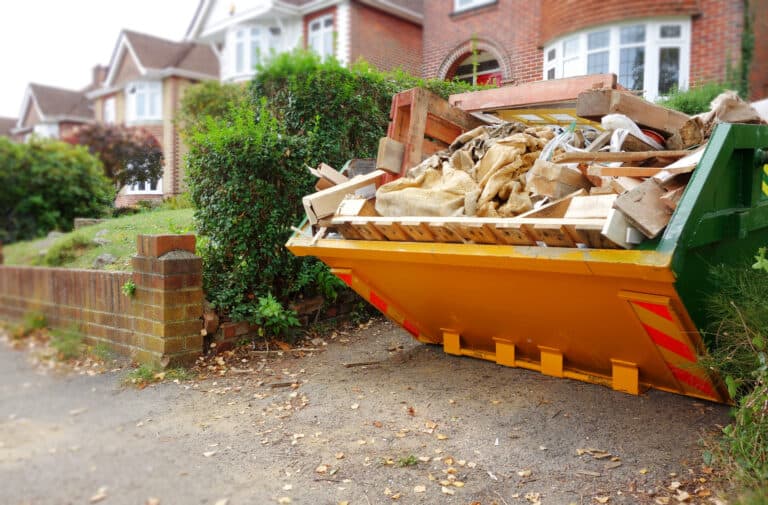
Ensure you Load the Skip Properly
When loading your skip, do so efficiently and evenly. Distribute the waste evenly to maximise space and prevent overloading. Ensure the skip is loaded within its weight limits and that no hazardous materials are included, and consider using safety cones and barriers around the skip to prevent accidents.
Hiring a skip in Glastonbury can greatly simplify waste management during your project. By considering these essential factors, you’ll be well-prepared to choose the right skip size, manage waste responsibly, and ensure a smooth and cost-effective skip-hire experience. Taking these steps will help you complete your project efficiently while adhering to local regulations and environmental standards.

